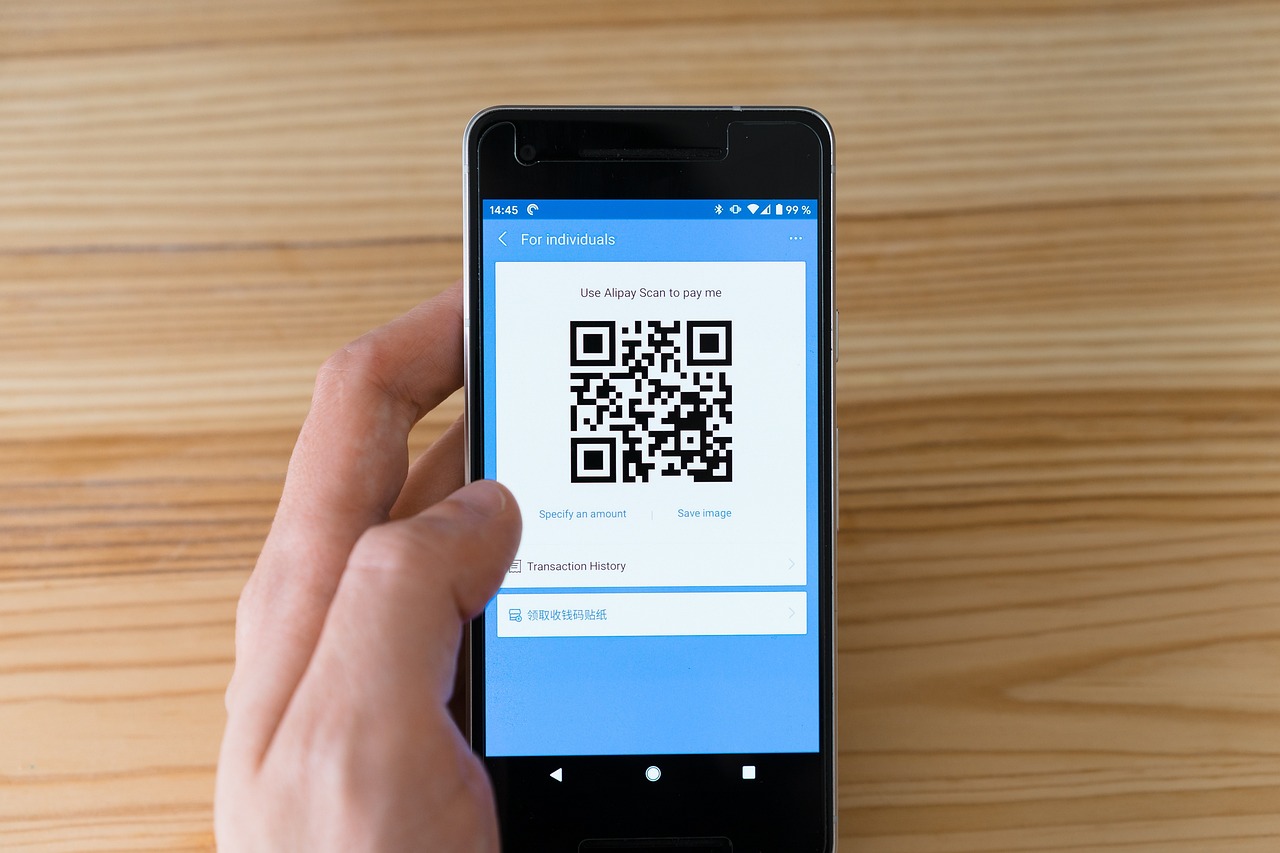Have you ever wondered if Unified Payments Interface (UPI), a popular payment system in India, can be used for offline transactions? Well you are not alone. Many have the same question and this article aims to provide you with a clear understanding of UPI's capabilities and limitations when it comes to conducting transactions in offline scenarios.
Firstly, UPI has primarily been designed to facilitate digital transactions, providing a convenient and efficient way to transfer money and make payments in various scenarios. Of course, you need an active internet connection to initiate and complete the transaction. The transaction process involves verifying details, authenticating the user, and transferring funds in real-time through the internet.
Table of contents [Show]
Alternatives for Offline Transactions:
1. USSD (*99# Banking):
Unstructured Supplementary Service Data (USSD) is a technology that enables you to access banking services on feature phones through basic GSM connectivity, without the need for internet access. With USSD-based banking, you can check balances, transfer funds, and perform other basic banking functions even in areas with limited internet coverage.
2. QR Code Payments:
QR code-based payments have gained popularity in India, allowing users to make payments by scanning QR codes at merchant outlets. Several UPI-enabled apps support QR code-based transactions, enabling you to make payments without the need for internet access at the point of sale. The transaction is processed later when your device connects to the internet.
3. Offline Wallets:
Certain digital wallets offer offline functionality, allowing users to make payments without an internet connection. These wallets utilize technologies like Near Field Communication (NFC) or Magnetic Secure Transmission (MST) to facilitate offline transactions. However, it's important to note that not all digital wallets support offline transactions, and their availability might vary.
Exploring these offline payment options can help you make transactions conveniently, regardless of the availability of an internet connection.








